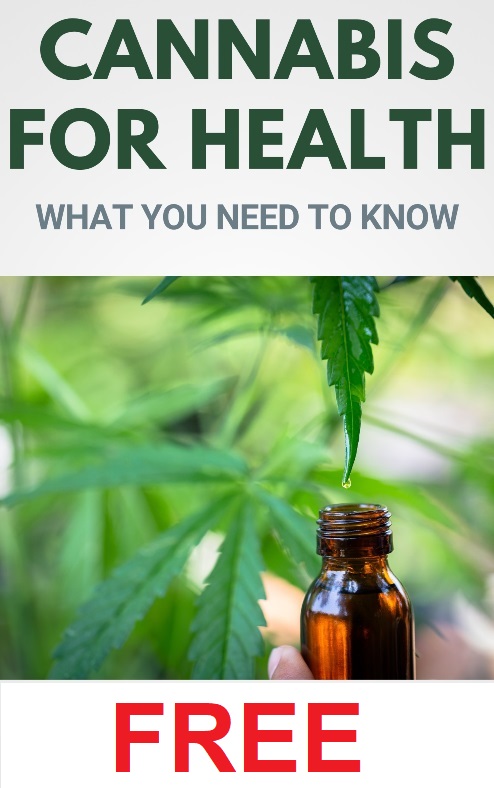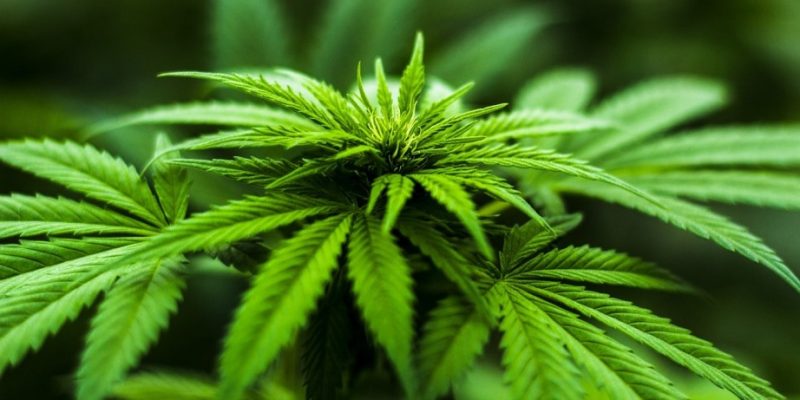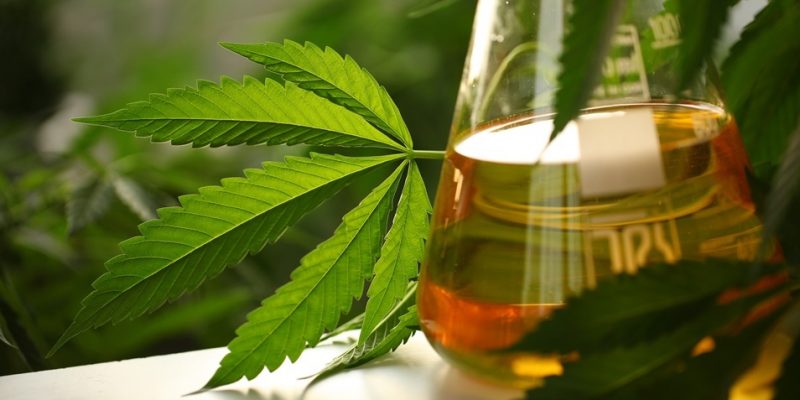
Tetrahydrocannabinol, abbreviated THC, is a Cannabinoid compound found in Cannabis plants. THC is the ingredient that produces the intoxicating, psychoactive “high,” a mental state that is usually associated with Cannabis use. This is in contrast to Cannabidiol, better known as CBD, which has similar workings as THC but then without the psychotropic effect.

When smoked or ingested, THC is absorbed into the bloodstream and travels to the brain where it becomes active and affects one’s mental state. THC can cause euphoria, and can affect memory, pleasure experience, movements, thinking, concentration, coordination, and sensory and time perception. Additionally, it can also cause hallucinations, panic attacks, and psychosis.
THC can be obtained i.e. consumed directly (without extraction) through, for instance, smoking the flowers or buds of the Cannabis plant. THC extraction is typically done from the flowers, leaves, and stems of the Cannabis plant.
The THC extraction process, like with CBD, can be by CO2 extraction, Alcohol extraction (Ethanol), or an Oil infusion extraction. Besides these methods, there are also some other types of THC extraction, such as hydrocarbon, agitation, heat, and pressure extraction.
THC extracts can be in solid form (such as is the case with Hash or Hashish) or in liquid form (such as oils intended for vaping or spraying). Sometimes extracts are named after their appearance or consistency, such as shatter, wax, honeycomb, and budder.
Nevertheless, THC extracts are usually smoked or vaporized, although they are also added to edibles and drinks, or available as oils, tinctures, capsules, among others.
















